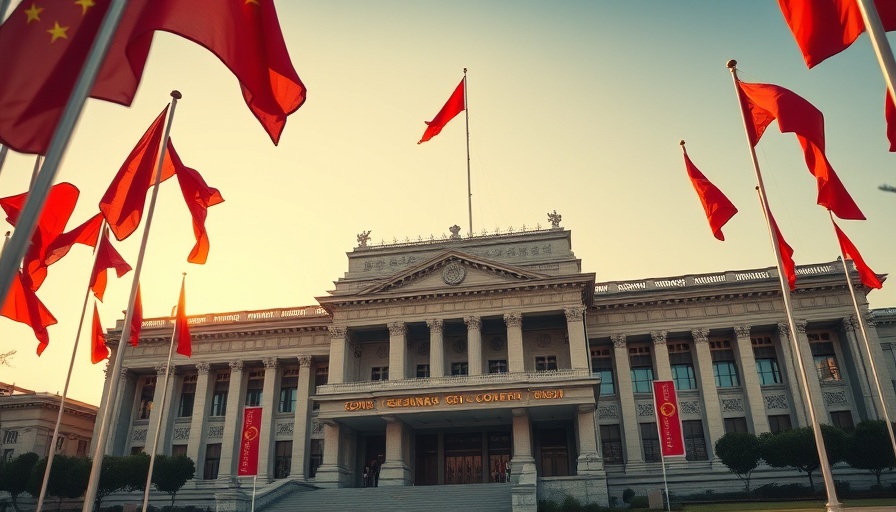
China Blocks U.S. Government Employee from Leaving: A New Tension in U.S.-China Relations
The recent incident of a U.S. Patent and Trademark Office employee being barred from leaving China highlights the escalating tensions between the United States and China. According to the U.S. State Department, the individual, who was in China for personal reasons, is currently unable to return home, as the Chinese government had imposed an exit ban. This situation raises questions about diplomatic relations and the implications for U.S. citizens traveling to China.
The Diplomatic Friction Behind the Ban
In a statement, a State Department spokesperson emphasized that the U.S. government is actively monitoring the situation and working with Chinese officials to resolve the issue promptly. However, details regarding the individual, including their name and the specific circumstances under which they were stopped, remain undisclosed. This lack of transparency adds another layer of complexity to an already sensitive diplomatic environment.
China’s foreign ministry spokesperson stated during a briefing that all matters concerning entry and exit are handled in accordance with Chinese law, yet many speculate that such actions are indicative of broader geopolitical maneuvers. If these types of exit bans continue, they could discourage travel between the two countries, which historically has fostered dialogue and cooperation.
The Personal Impact and Human Right Concerns
This incident also speaks to the personal impact on individuals caught in the crossfire of international relations. The employee was reportedly visiting family in China, emphasizing how personal ties can become entangled in larger political conflicts. Such situations may lead to concerns about the safety and rights of travelers, particularly for those working in government or sensitive industries.
As countries navigate complex relationships, the rights of individuals sometimes take a backseat. This raises ethical questions about travel freedom and the responsibilities of governments to protect their citizens abroad.
Broader Implications for U.S.-China Relations
The exit ban comes amid an increasing number of tit-for-tat actions in a prolonged confrontation between Washington and Beijing over trade, technology, and human rights issues. These tensions have manifested in various ways, including sanctions, trade restrictions, and now, complications for individuals. The repercussions of this latest incident may reach beyond this single case, potentially influencing how the U.S. approaches negotiations on broader trade and geopolitical issues.
Furthermore, this development sparks conversations about travel advisories and international corporate policies regarding employees and their families. Companies must now evaluate potential risks for employees stationed in high-tension areas and provide clear guidelines for international travel.
Exploring the Future of U.S.-China Diplomatic Relations
As the global landscape continues to evolve, the relationship between the U.S. and China is likely to remain under intense scrutiny. Future interactions may depend greatly on how effectively both sides communicate and collaborate to alleviate mutual concerns. Diplomatic flexibility may be paramount in avoiding similar incidents that complicate personal freedoms while fostering a conducive environment for trade and exchange.
For citizens traveling abroad, this situation serves as a cautionary tale. Awareness of geopolitical climates can significantly influence personal decision-making related to international travel and employment.
Conclusion: Protecting Freedom Amid Geopolitical Tensions
This situation demands attention not only for its immediate consequences for the individual involved but also for the potential fallout in broader diplomatic relations. As debates around personal freedoms within a global context continue, both government entities and individuals must remain vigilant in understanding the risks and responsibilities that come with international engagement.
To enhance future travels or adapt to ongoing market trends, implementing effective risk management strategies can help mitigate the challenges posed by globalization and international relations.
 Add Row
Add Row  Add
Add 



Write A Comment